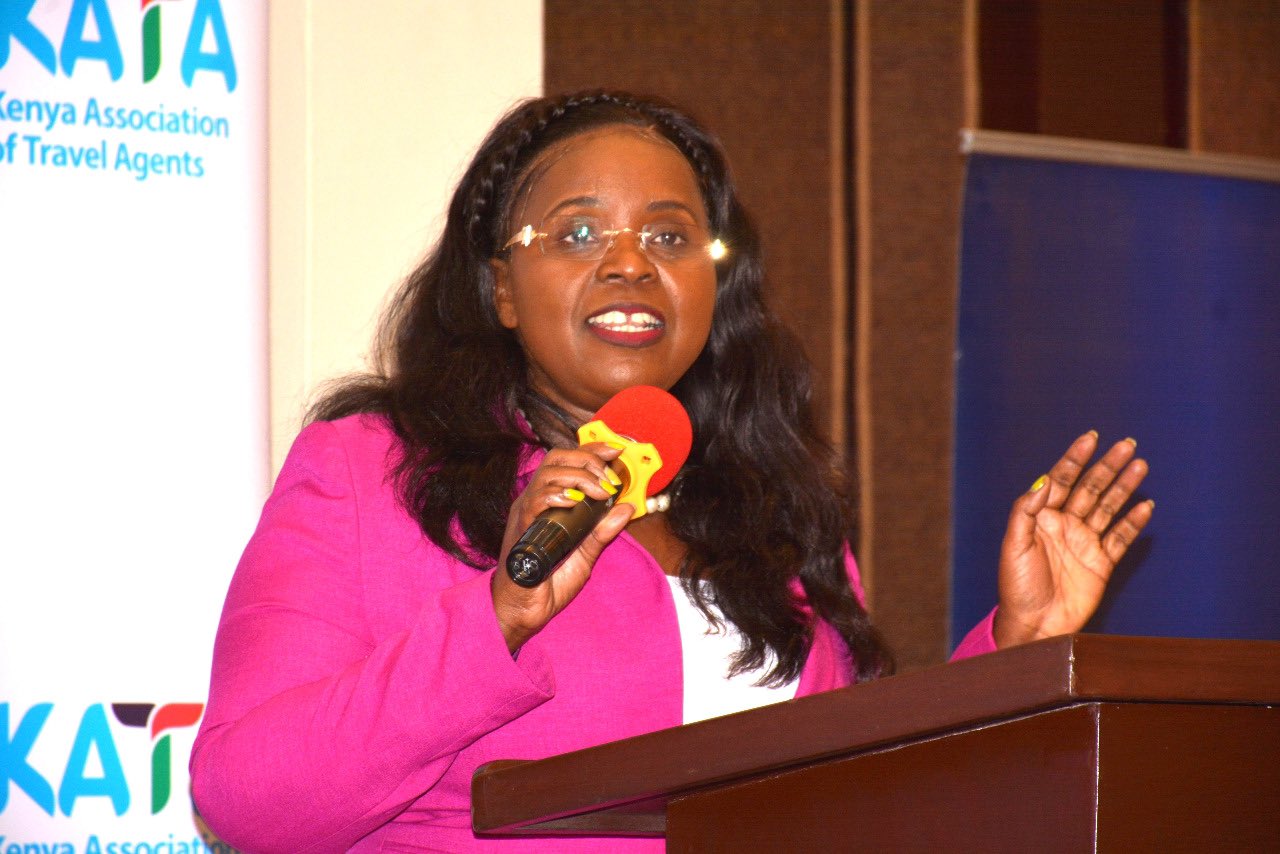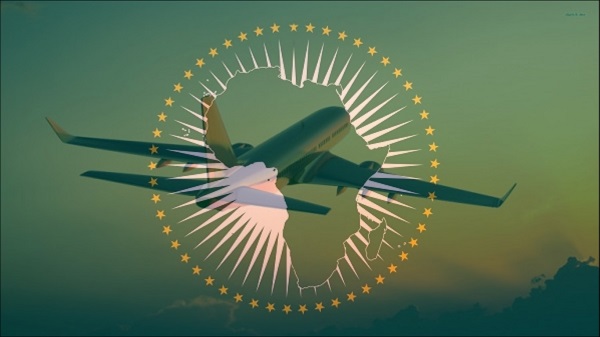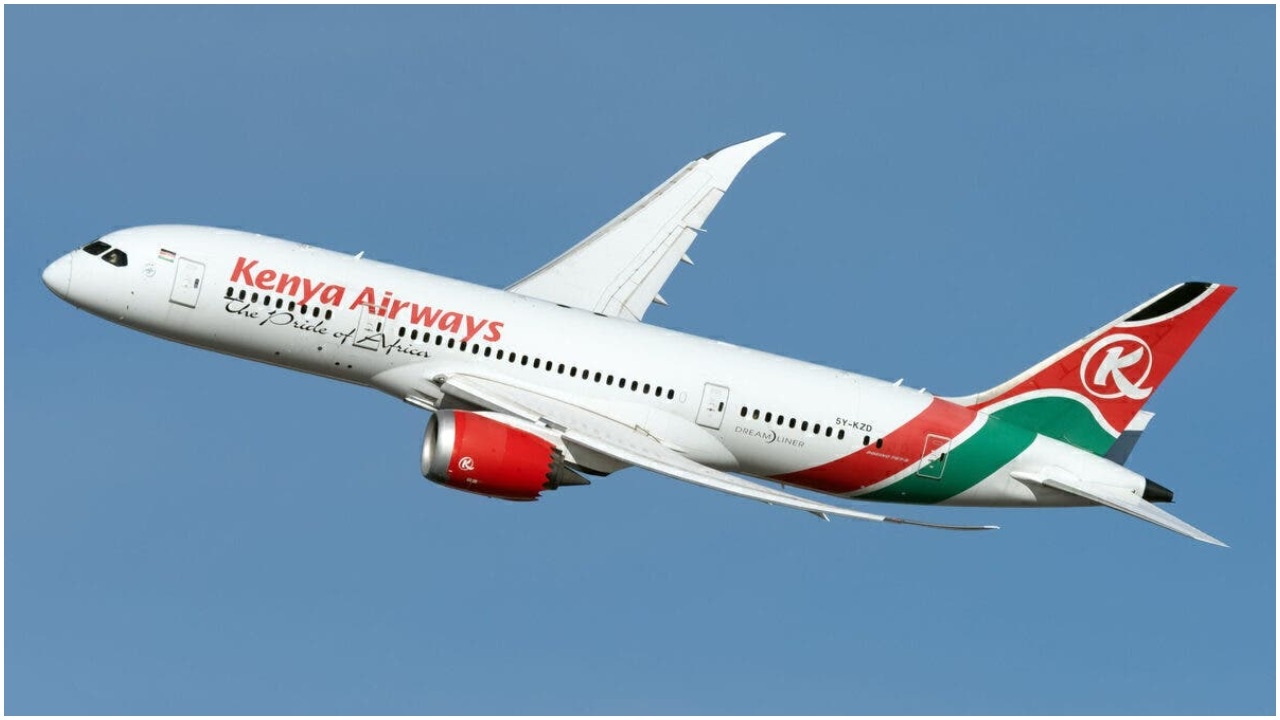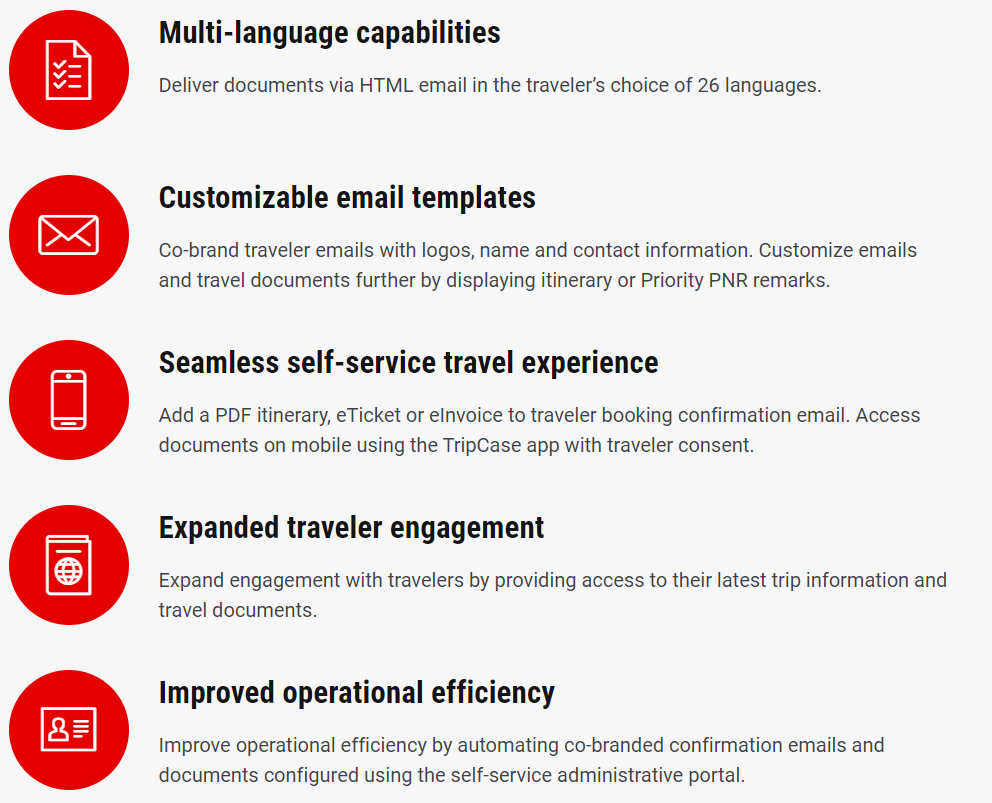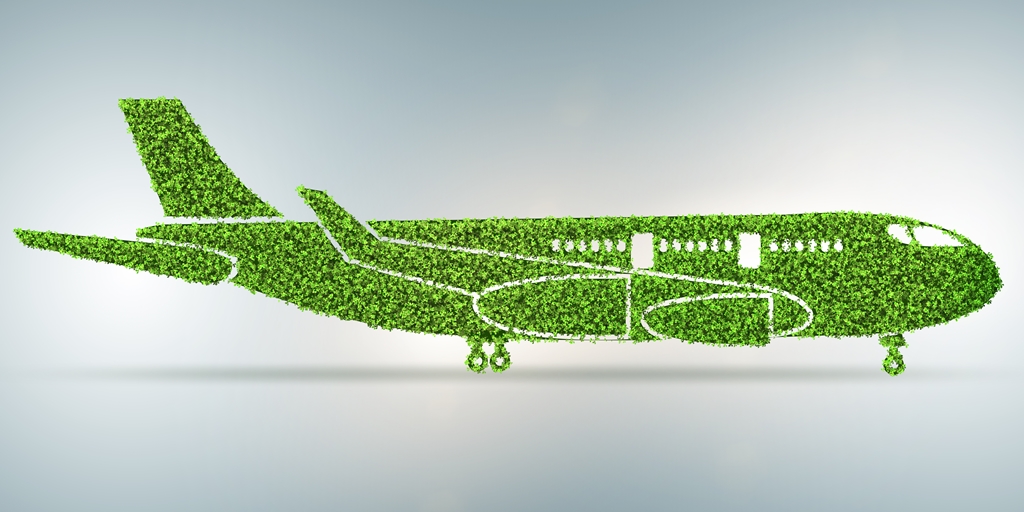Emirate hosts 10.12 million overnight visitors from January to September, compared to 12.08 million in same period of 2019
Dubai has reached 85 per cent of the pre-pandemic number of international tourists to the emirate in the first nine months of this year as the emirate continues to rebound from the Covid-19 global crisis.
The city hosted 10.12 million overnight visitors from January to September, compared to 12.08 million in the same period of 2019 prior to the pandemic, according to the latest available government data.
“The ability of Dubai to bounce back and recover very quickly enabled us not to miss a beat, so whether you’re looking at tourism, trade or a financial hub, all three of them really flourished through Covid and out the other side,” Helal Al Marri, director general of Dubai’s Department of Economy and Tourism, said at DP World’s Global Freight Summit on Monday.
“One of the things we’ve learnt is having an environment that is digitally enabled … and has very strong data-driven decision-making — this is what’s needed in ever-turbulent times.”
Last week, the UAE announced a national tourism strategy aimed at attracting 40 million hotel guests, raising Dh100 billion ($27.23bn) in additional tourism investment and increasing the sector’s contribution to the country’s gross domestic product to Dh450bn by 2031.
Emirates, the world’s largest long-haul airline, reported a record profit in the first half of the current financial year on strong travel demand during the peak summer season as international borders reopened and coronavirus restrictions eased.
The airline swung to a Dh4bn profit in the April to September period, from a loss of Dh5.8bn in the same period last year, citing its ability to increase capacity in response to the surge in travel demand.
Maritime connectivity
In terms of global maritime connectivity, the industry has the “urgent task” to rebuild supply chains so global trade can better cope with future shocks, Sultan bin Sulayem, chairman and chief executive of DP World, said in a keynote speech at the summit.
The pandemic, geopolitical tension and global climate crisis have exposed the fragility of many parts of the supply chain infrastructure and the industry must work together to share information and data, he said.
Sharing information “enables us to track every step of cargo movement. With this kind of visibility, we are more agile and avoid costly delays and work together to ensure stable trading connections”, he said.
However, large swathes of world trade are bogged down by “legacy technologies” or there are too many digital platforms that do not work with one another.
“Wherever that happens, there is a bottleneck, a point of failure that weakens supply chains,” Mr bin Sulayem said.
“Instead of seamless trade, there is digital friction.”
More than half of freight-forwarders see inflation and geopolitical tensions as the main concerns for the global supply chain over the next five years, according to a DP World study released on Monday.
Some 63 per cent of the respondents said inflation is a main concern, while 56 per cent cited geopolitical tensions.
Two thirds of freight forwarders believe it is “impossible to say” when economic disruptions will subside.
However, three quarters of the respondents said they expected technology to be a significant factor in easing current supply chain woes. More than half said digitalisation would be the single biggest driver of reducing bottlenecks. Three in four said technology would lead to cost savings and better delivery to new and existing customers.
Concerns about international trade align with the latest forecasts from the World Trade Organisation for cross-border commerce to grow only 1 per cent next year, after a projected 3.5 per cent increase this year.
DP World reported a 2.1 per cent increase in gross container volumes in the third quarter of 2022 as global trade flows remain “resilient” but warned the near-term outlook was clouded by uncertainty.
“Looking ahead, the near-term outlook remains uncertain given the geopolitical environment, inflationary pressures and currency fluctuations but we remain positive on the medium to long term outlook for global trade,” Mr bin Sulayem said last month.
Source: The National


